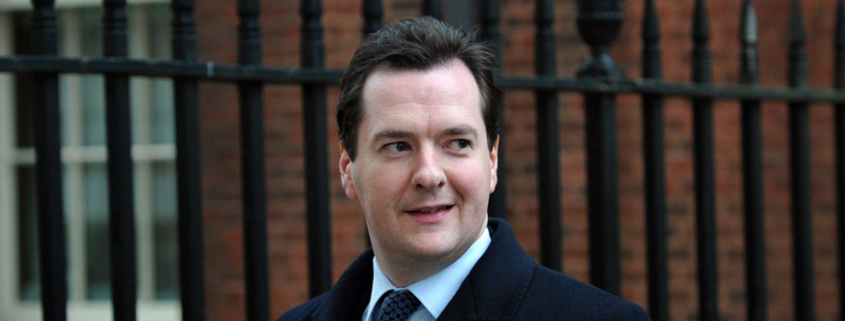FT: Osborne Go-Ahead For Bank Boost
On the front page of the Financial Times of Saturday the 9th of Oct 2010, under the title “Osborne go-ahead for Bank boost”, we read the following;
Asked whether he would back a second round of quantitative easing, known as QE2, he said he would want to follow the practice of Alistair Darling, the former chancellor who always gave a green light for the MPC to act. “If the MPC ask – I have said I regard the MPC as independent – if it makes a judgment, I would want to follow that judgment and continue with the procedures of my predecessor in dealing with those requests,” the chancellor said.
[ The report appeared online as “Chancellor backs Bank of England action” ] Recently I responded to comments by noted journalist and uber-money-printing economist Tim Congdon, who supports QE2:
I would love to hear from AEP, or from Prof Congdon, exactly how creating money is supposed to create wealth. If the Central Banks of the world buy private sector bank debt, they create new demand-deposit money that the private sector banking system can then lend. So more money units chase the same goods and services? Where is the new wealth? Many people associate rising money supply measures with rising GDP and increased prosperity. Mistaking correlation for causation, they view an increasing money supply as the source of prosperity. This puts the cart before the horse. Wealth is only created when entrepreneurs make better goods and services, satisfying more of the needs of consumers, in better and more convenient and cheaper ways, via more capitalistic and hence more efficient methods of production. Both the capital investment and the subsequent purchase of the new goods and services should be supported by real savings (forgone consumption). If such genuine wealth creation occurs, it will prompt banks to increase lending, and under our current system of fractional reserve banking this will necessarily entail an expansion of the money supply. This expansion is the result, not the cause, of wealth creation. Artificially increasing the supply of money will not create wealth, any more than injecting mercury into your thermometer will cause a rise in temperature.




